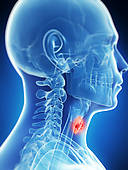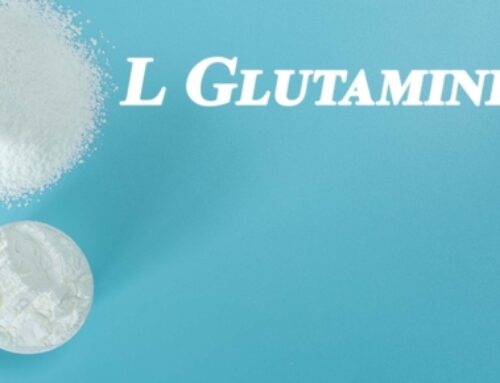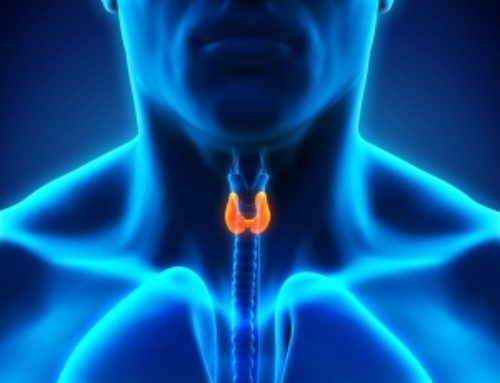In our previous installment, we examined the common signs of thyroid dysfunction. Perhaps you found that several indicators applied to you. It is possible that you are one of the many individuals already living with a thyroid dysfunction diagnosis. Unfortunately for those who have been diagnosed and prescribed medication, many have found the treatment to be inadequate. Thyroid hormone production, regulation, and usage pathways are still a mystery to most researchers. Few physicians (allopathic and non-allopathic alike) fully understand, diagnose, and treat the disorder.
The Most Common Cause of Thyroid Dysfunction
The most common cause of hypothyroidism is an autoimmune disease. Studies show that 90% of people with hypothyroidism are producing antibodies to their thyroid. This causes the immune system to attack and destroy the thyroid. Over time this causes a decline in thyroid hormone levels. This autoimmune form of hypothyroidism is called Hashimoto’s disease. Hashimoto’s disease affects between 7-8% of the U.S. population. Most doctors know hypothyroidism is an autoimmune disease, however most patients don’t. Hashimoto’s often manifests as a “polyendocrine autoimmune pattern.” This means that in addition to having antibodies to thyroid tissue, it’s not uncommon for Hashimoto’s patients to have antibodies to other tissues or enzymes as well. The most common are transglutaminase (Celiac disease), the cerebellum (neurological disorders), intrinsic factor (pernicious anemia), glutamic acid decarboxylase (anxiety/panic attacks and late onset type 1 diabetes). What the vast majority of hypothyroidism patients need to understand is that they don’t have a problem with their thyroid, they have a problem with their immune system attacking the thyroid. This is crucial to understand. When the immune system is out of control, it is not only the thyroid that will be affected.
Natural Treatments for Thyroid Disorders
Hashimoto’s disease has been identified as the most common cause of hypothyroidism. There is a high correlation between Hashimoto’s and gluten intolerance. Gluten intolerance is created when foods that contain gluten (both whole grains and flours) are ingested, leading to a damaged intestinal system that allows for large molecules to pass directly into the bloodstream. It appears that this activates the immune system, which seeks and destroys these molecules before they wreak havoc on the body. Unfortunately these molecules look similar to the tissues of they thyroid gland and the immune system mistakenly attacks the thyroid gland when these molecules are present in the blood. The easy fix is to eliminate gluten from your diet. Try this for three months and then re-introduce gluten back into your diet. If your symptoms go away during the gluten-free period and then return with the re-introduction of gluten, you have successfully diagnosed the cause of your Hashimoto’s induced hypothyroidism. This is just one of many causes of hypothyroidism. There are several others. Stay tuned to our next few blog posts to learn how to fix other causes of hypothyroidism.
Can I stop taking my thyroid medication?
As mentioned earlier, one of the most common questions is regarding discontinuation of thyroid medications. It depends completely on the cause. Finding the real cause of the problem, applying changes, and evaluating how the body responds are three important factors in this decision. Work with your prescribing physician to reduce your medication, as you are able. Above all, take control of your health, understand you condition, and research what can be done from a natural standpoint first.
Please contact our Roanoke, Virginia, chiropractic office directly if you have questions or would like to set up an appointment. 1-540-344-1055
Dr. Daryl Rich, DC, CSCS





![Detox With Bone Broth – A [LivFit] Case Study](https://www.coreroanoke.com/wp-content/uploads/2018/03/bone-625336_1920-500x383.jpg)
